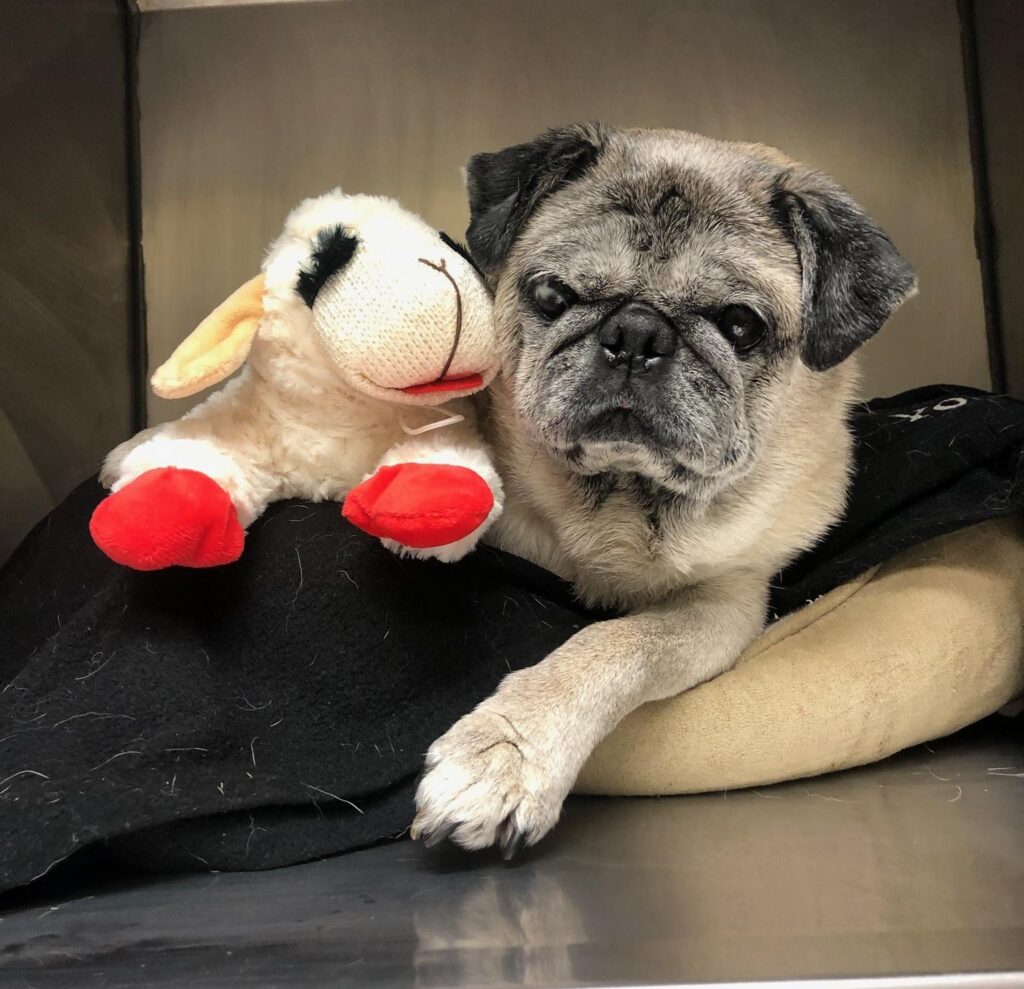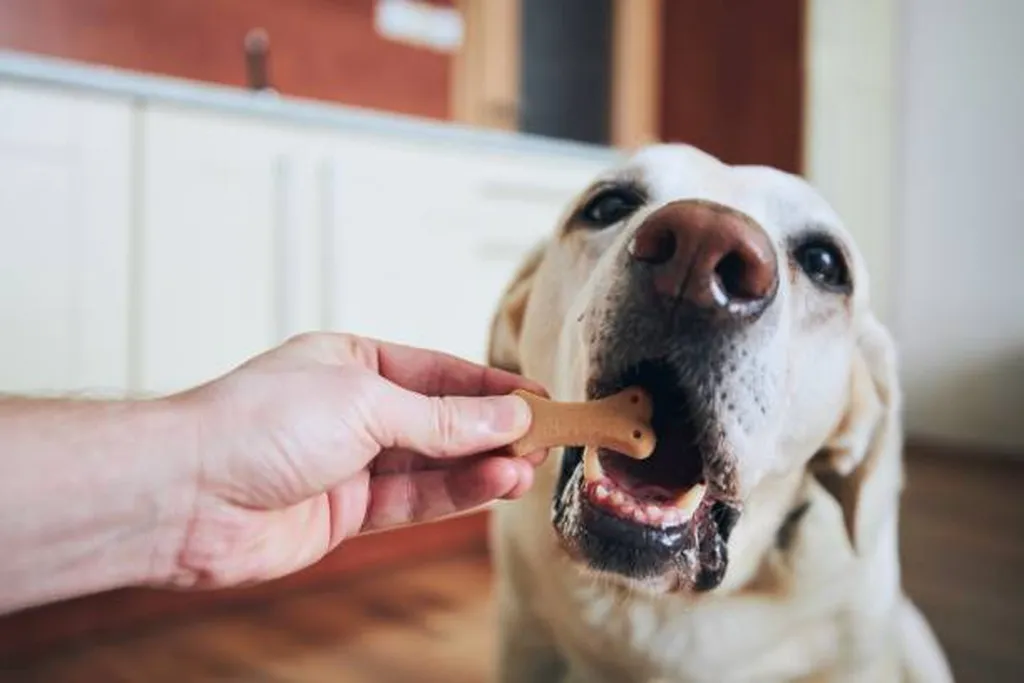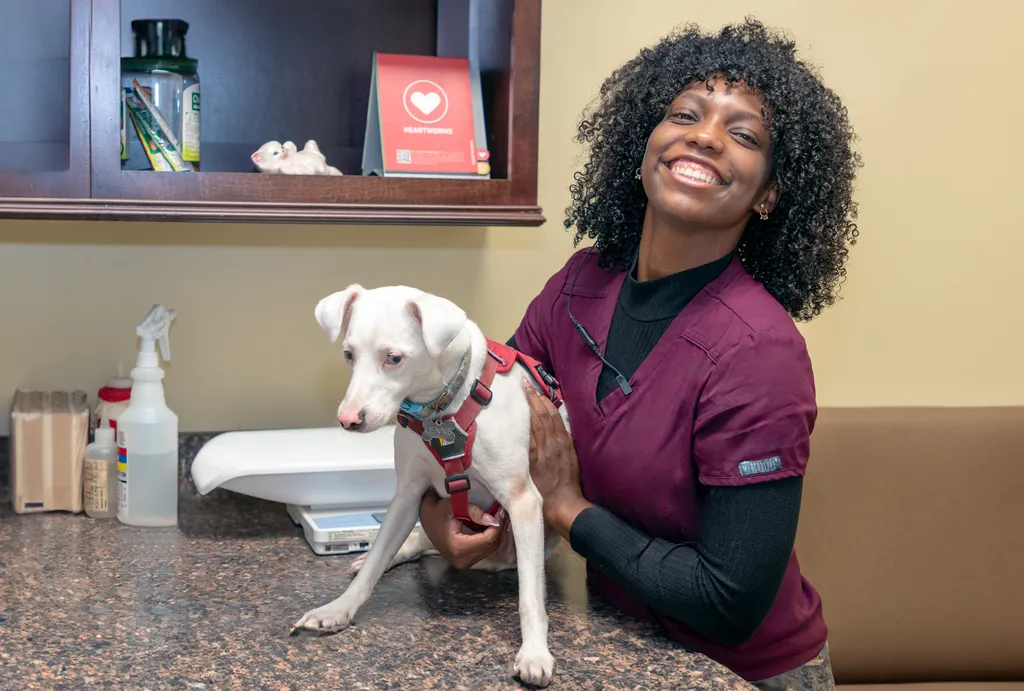How do you tell if your beloved cat or dog is in pain? Sometimes, our faithful companions and cuddly cats make it easy for us. Sometimes, they will cry out in pain, hold up a paw or even limp. These more obvious signs usually happen when their pain is acute. Unfortunately, often times they suffer in silence.
A pet suffering from arthritis often doesn’t cry out or limp until their pain becomes intolerable. More commonly, a fair amount of older pets will do the best they can to continue in their normal routine. If we know what signs to look for in our aging pets, we can better control their pain before it becomes unbearable. Also, if we know our pets are starting to suffer, we can actually slow the process of pet arthritis with medications.
How do I know my pet has arthritis?
So, what should we look for? Can your cat still jump on the counter to eat, whether you want them to or not? Is your cat having difficulty making it to the litter box? Are you noticing accidents near the litterbox but not inside?
How about your dog? Can he jump into your car with assistance? How about stairs? Can your dog get up from laying down with ease or is it becoming a bit more challenging? Are mornings more challenging for your pet but they seem to “warm up out of it”?
These can all be signs of joint pain in pets. There are many things we can do to slow this process down and give our pets comfort as they age. With problems such as these, we can’t “fix” the problems usually and have to find ways to give our pets comfort.
Treatment Options for Pet Arthritis
There are several ways to go about treating your pet for joint pain. Commonly, we use several different approaches, or a multi-modal approach, to pain management. Specials food for joint support are available from all veterinary diet lines. Also, including supplements in your pet’s diet such as fish oil and glucosamine chondroitin can help. There are other medications available that actually slow the progress of arthritis. Finally, there are non steroidal medications and pain medications that may help.
If you notice any of these signs, consult with your veterinarian for preventative measures most appropriate for your pet.



